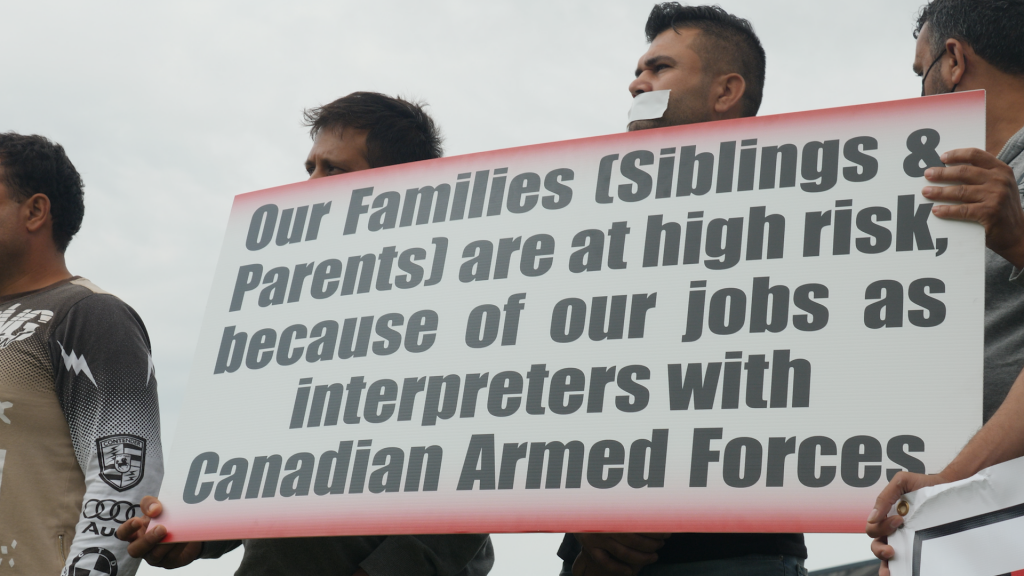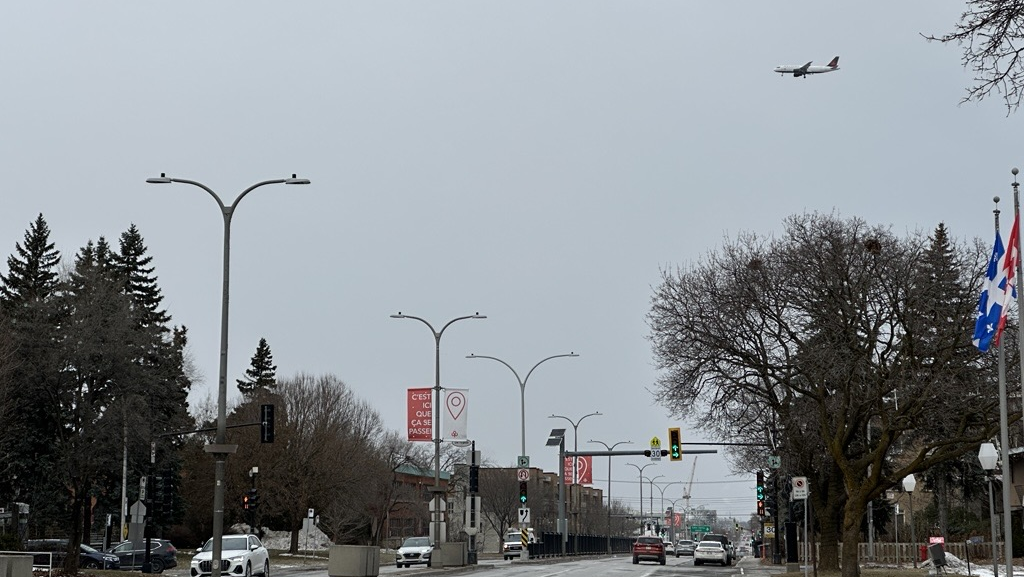IRCC responds to hunger strike, creates process to help families of Aghan interpreters

Posted September 15, 2021 5:52 pm.
Last Updated September 19, 2021 7:16 pm.
OTTAWA (CityNews) ─ Canada has responded to a hunger strike by Aghan interpreters last week by meeting some of the demands outlined by the group.
Dozens of Aghan interpreters, who risked everything to help Canada’s armed forces in Afghanistan, demanded the federal government step up and save their families left behind.
They staged a hunger strike at Parliament Hill on Sept. 15 and said they wouldn’t leave without answers.
“We served this country,” said former interpreter Vesal Naser during the strike. “We worked together with their army. We lost our brothers, we lost our families.
“They keep killing our family. I lost three of my siblings, I don’t want to lose more.”
The former interpreters demanded a dedicated line to Immigration, Refugees and Citizenship Canada (IRCC) – and Ottawa responded.
In a statement to CityNews the press secretary for the office of the minister of immigration, refugees and citizenship, Alexander Cohen, said the government had “created a targeted, streamlined process to help them (family members of interpreters) come to Canada. Family members can begin the application process right now using our dedicated inbox.”
Cohen said Minister Marco Mendicino spoke with one of the group’s representatives on the night of Sept. 15 to address their concerns, thus ending the one-day strike.
“The process that’s currently in place includes the roughly 800 interpreters’ families resettled under the two previous efforts for resettlement,” added Cohen. “We’re currently working with interpreters, veterans groups and other partners to compile a thorough list of family members hoping to come to Canada, so we can determine who they are and how we can help them.
“We’ve recently been made aware of roughly 45 cases who fall outside of this process and were unable to use the existing pathways to Canada before the crisis began. We’ll continue working to assess options for how we can best support them.”
READ MORE:
- Former Afghan interpreter for Canadian military fears for family in Kabul
- ‘It’s death’: Former Afghan interpreter still fighting to get family to Canada
Prior to the interpreters speaking to Mendicino, Naser told CityNews that while Canada has promised to evacuate families of interpreters, none of his friends or colleagues had seen a single family member of theirs among those brought to Canada.
“Minister of Immigration is key, promising us he’s bringing 20,000 people,” said Naser. “But I didn’t see my family. I didn’t see any interpreter’s families. There’s all of us, I didn’t see even one single interpreter’s family here. So where is that?”
Zahed, who wouldn’t give his full name due to concerns for family in Afghanistan, is a former Afghan interpreter from Calgary who worked for the Canadian forces for six years.
One of his brothers is now in a refugee camp in Turkey, while the other hasn’t been heard from in weeks.
“We are most exposed to the Taliban,” said Zahed, who believes the Taliban would retaliate against his family if they recognized him. “For a long time. Most of these guys worked from 2001 all the way to 2012. And we were on their hitlist since then.
“Please help us. We helped you. We were on the frontlines with Canadian forces.”
—With files from Xiaoli Li









